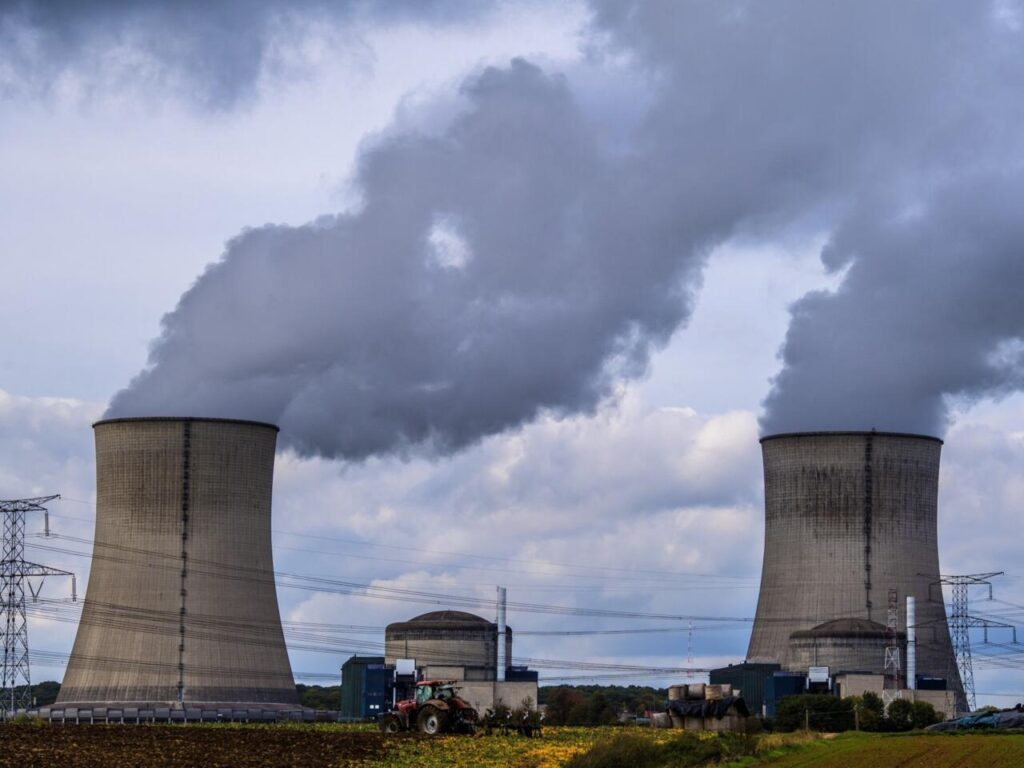Russia has taken a bold step in Niger, seeking to capitalize on the country’s break with France by proposing the development of a nuclear power program. The move comes after Niger’s military-led government nationalized French nuclear group Orano’s uranium mining operations in June, ending more than five decades of French dominance in the sector.
Moscow, through its state corporation Rosatom, has signed a cooperation agreement with Nigerien authorities, pledging to explore nuclear power generation, medical applications, and the training of local experts. Russian Energy Minister Sergei Tsivilev, during a July visit to Niamey, declared that Russia’s goal was not merely to mine uranium but to help Niger build an “entire system for the development of peaceful atomic energy.”
While the construction of a nuclear power plant in Niger remains a distant prospect—given the region’s instability, the massive costs involved, and the technical hurdles—Russia has nevertheless struck a chord with local frustrations. For decades, Niger exported uranium to fuel France’s nuclear plants without receiving significant technological transfer or energy benefits in return. Meanwhile, Niger still relies heavily on coal and imported electricity from Nigeria.
The possibility of Russia developing the massive Imouraren deposit, one of the world’s largest uranium reserves, underscores the geopolitical stakes. Securing access to Niger’s uranium could strengthen Russia’s already significant role in the global nuclear sector, especially as demand for low-carbon energy grows.
France, once Niger’s closest partner in the uranium trade, has seen its influence wane sharply. The junta accuses Orano of exploiting the country’s resources, while detaining its local director, Ibrahim Courmo, since May. The rupture has highlighted broader regional shifts, as neighboring Mali and Burkina Faso also push back against foreign dominance in mining, insisting on greater local control and value addition.
Whether or not Niger ever sees a functioning nuclear power plant, Russia has demonstrated a keen understanding of the political mood: the desire for sovereignty, industrial progress, and an end to dependency on former colonial powers. For Niamey, Moscow’s proposal is as much about asserting dignity as it is about energy.

